News
Joanna Taylor
Aug 25, 2020
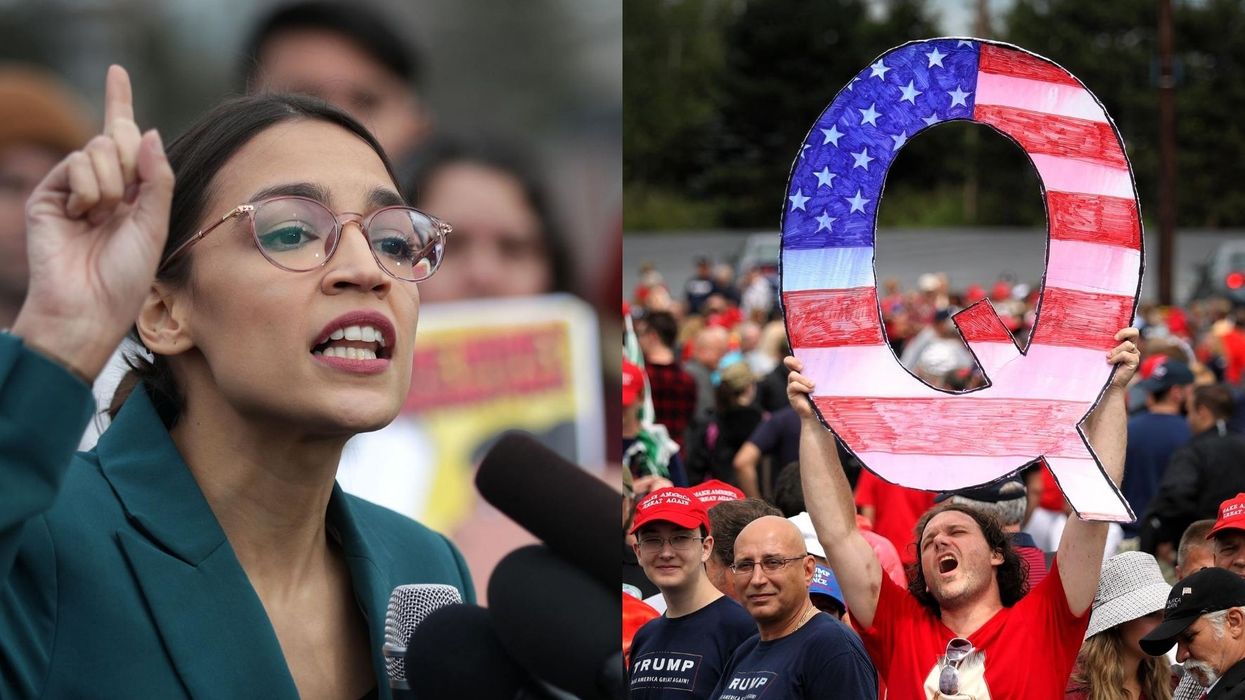
Alex Wong / Rick Loomis / Getty Images
Alexandria Ocasio-Cortez accused Donald Trump of "weaponising" conspiracy theories like QAnon.
The president recently said he "appreciates" the support of QAnon's followers and endorsed Marjorie Taylor Greene, an outspoken Q follower and candidate for congress, calling her a "rising Republican star".
QAnon, a conspiracy theory born on 4chan in 2017, places Trump at the centre of a secret network trying to dismantle an elite pedophile ring at the top Hollywood and the government. It was named a potential domestic terrorist threat by the FBI last year: in a bulletin, they wrote that conspiracy theories like QAnon and Pizzagate are likely to "spread and evolve" and could cause extremists to "carry out criminal or violent acts".
More than 70 candidates for congress, the vast majority of them Republican, expressed support for QAnon in some way before the primary elections. Of these, a handful – like Marjorie Taylor Greene and Lauren Boebert – won their primaries and will be on the ballot in their district elections.
Asked for her opinion on this, Alexandria Ocasio-Cortez told Daily Dot:
There's so much you can say about it on its face. Obviously, these candidates getting elected is clearly very concerning to the party, it's concerning to members; I've heard it's concerning for Republican donors.
But I actually think, in a way, outside the immediate transactional politics of the situation, it's important to understand the root causes as to why something like this is taking off so much. And to me, it's really symptomatic of a lot of the long-standing, deep issues we've been having, in particular, the Republican party has been having.
Pressed for some examples, she continued:
I mean, the allowance of misinformation and disinformation to be widespread, and frankly the Republican encouragement of that has now kind of created this ecosystem that they no longer feel they have control of.
[There's also] the fundamental lack of trust in institutions, lack of trust in money and power, that creates this very fertile ground for conspiracy theories to grow.
Some prominent Republicans like Mike Pence, Kayleigh McEnany and Jeb Bush have sought to distance themselves from QAnon, with the latter describing its followers as "nutjobs, racists, haters".
But Trump himself has been more sympathetic, saying at a press conference:
I understand they like me very much, which I appreciate.
Ocasio-Cortez identified this as a problem for the rest of the Republican party. She said:
I think that we see how the president is weaponising it. It’s very clear that he has identified this as an asset to him.
And so I think that also puts Republicans even more in a very, very deep bind. Because what do they do?
The answer, so far, appears to be: continue to support the president.
Trump rattled on about some of his favourite conspiracy theories, including "Obamagate" and "fraudulent" mail-in voting, at the Republican National Conference, seemingly unchecked.
A little "disinformation" doesn't seem to be too much of a problem to Trump-supporting Republicans, even if it means accepting the support of QAnon followers.
Top 100
The Conversation (0)
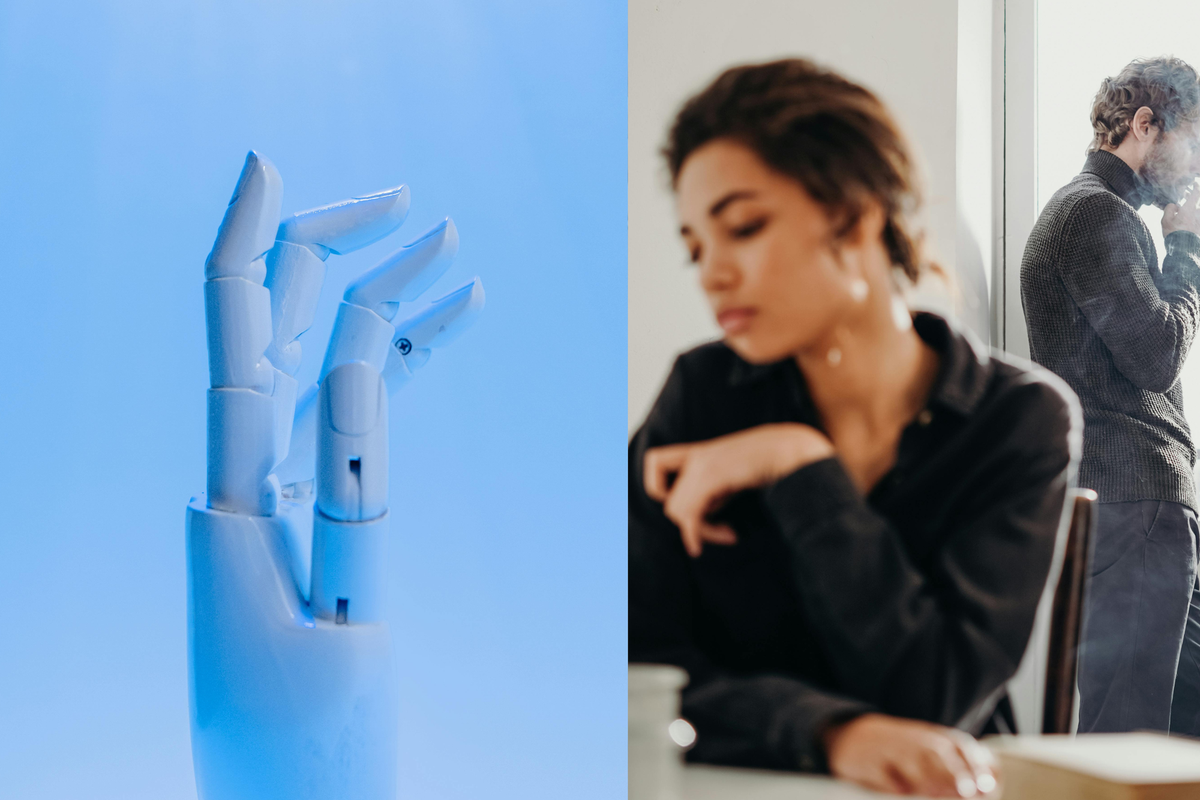

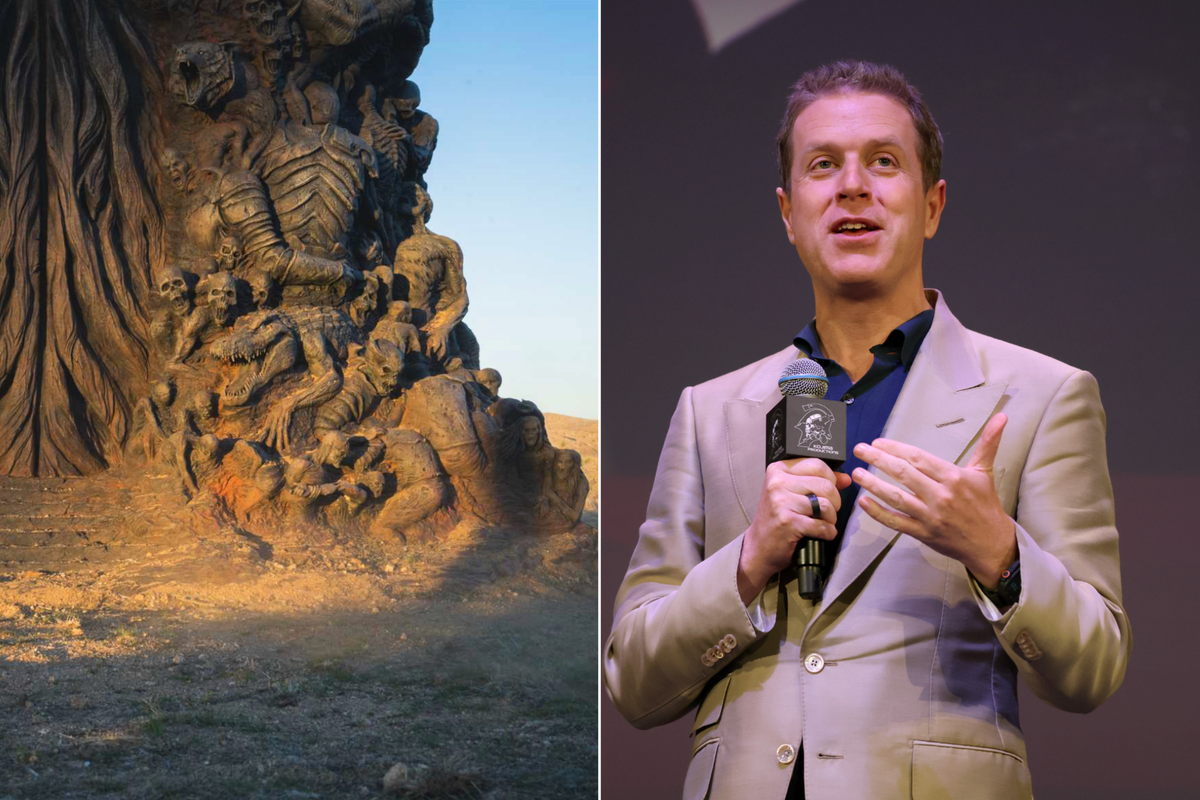







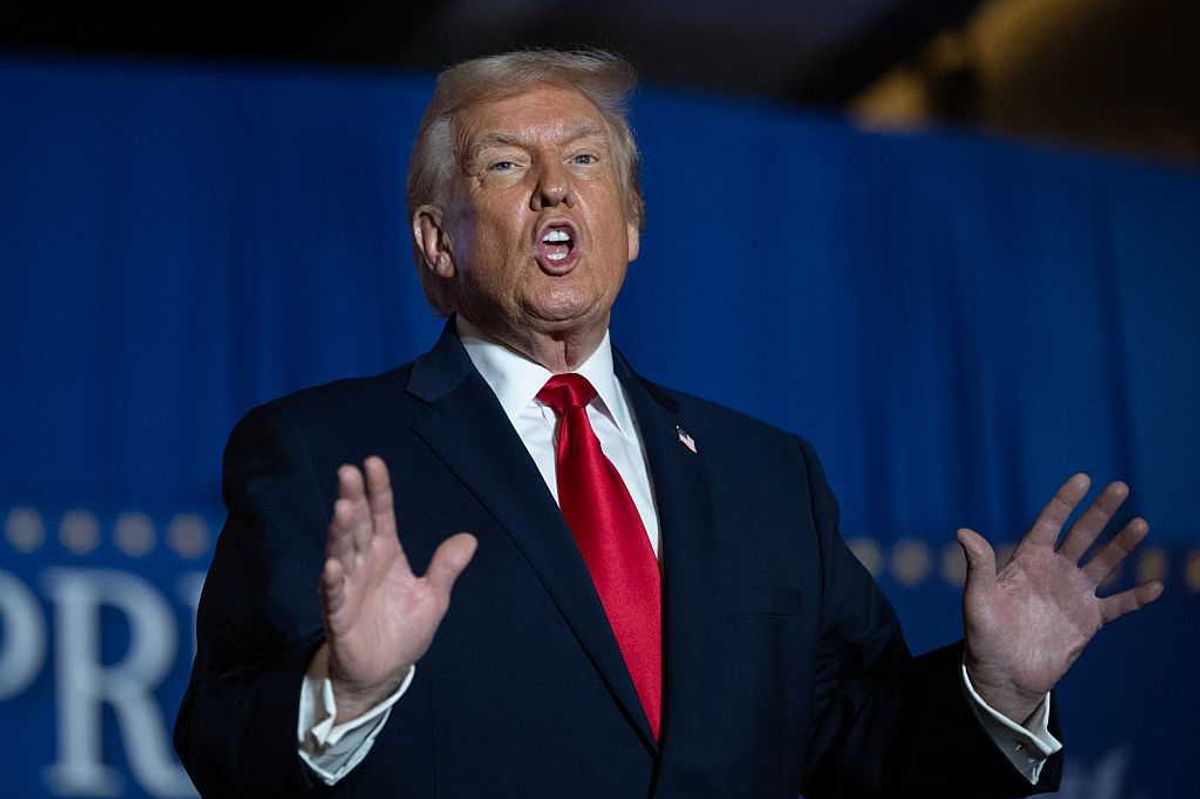
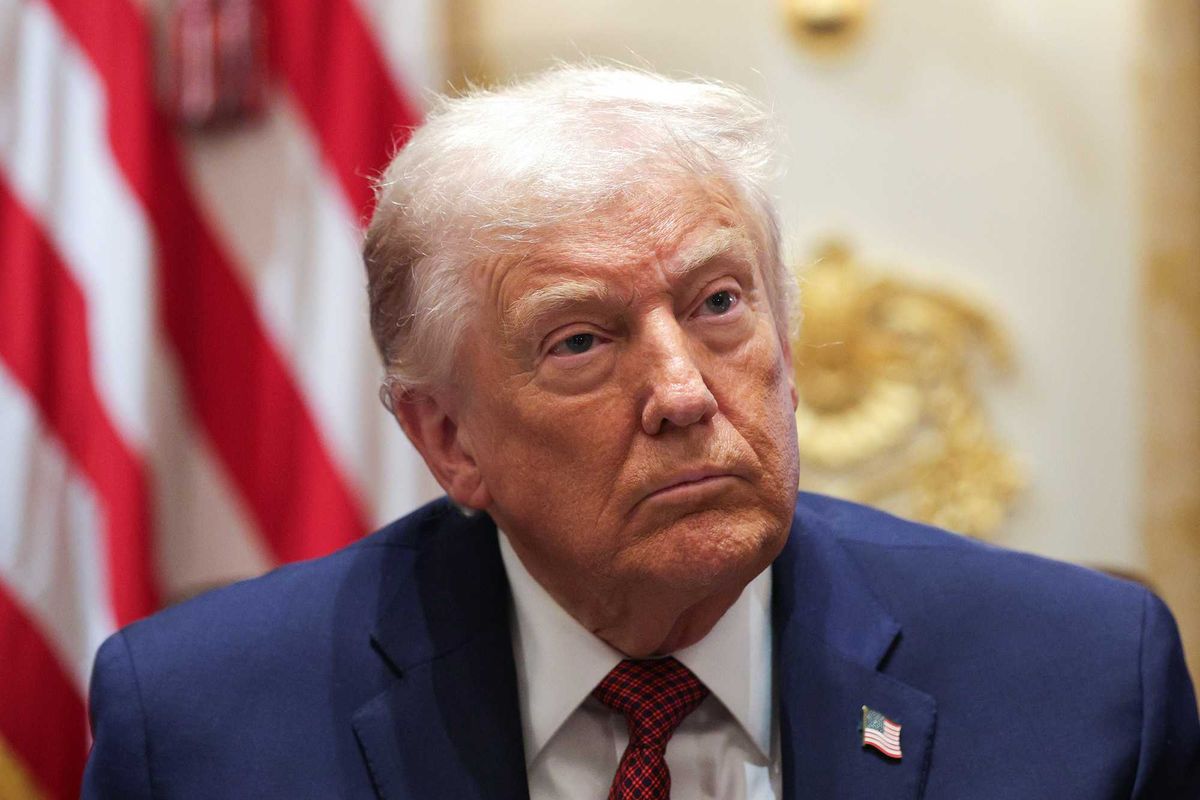
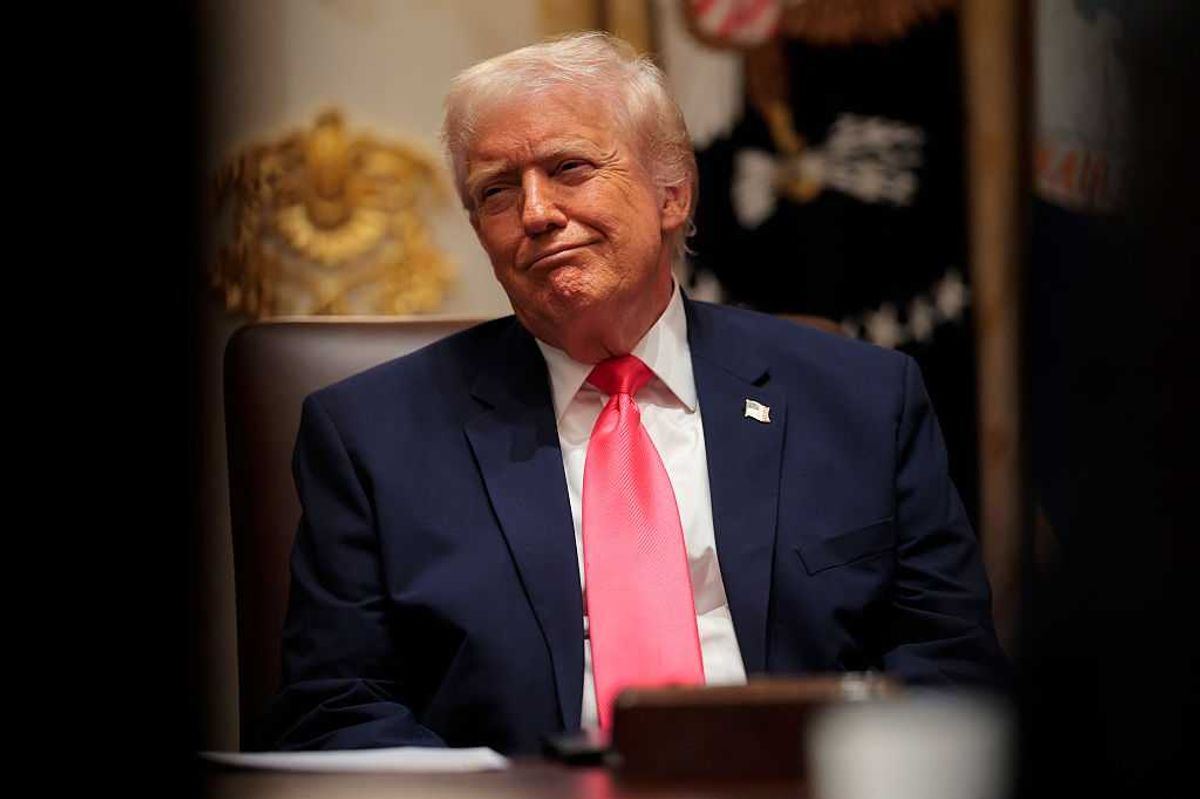
Donald Trump explodes at 'obnoxious' reporter